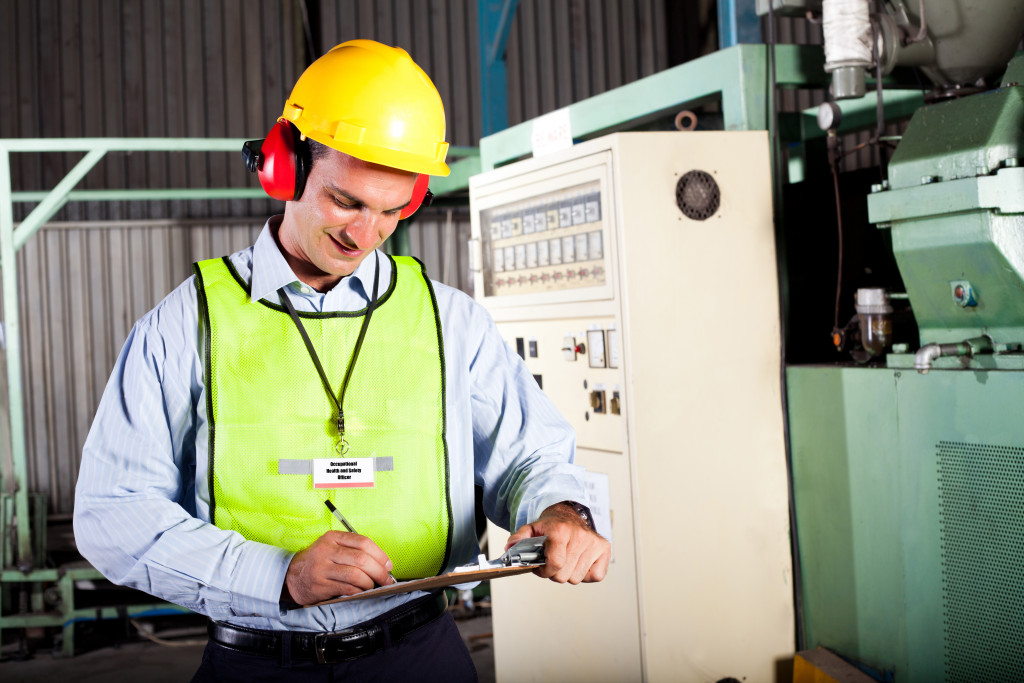Your home is your sanctuary, where you and your loved ones can relax and feel safe. It’s important to take the necessary precautions to keep your home safe from all sorts of hazards, both natural and man-made.
This article will discuss some of the most common dangers to your home and what you can do to protect against them.
Chemical Hazards
Many common household products contain chemicals that can be dangerous if used improperly. To protect your family from chemical hazards, it is important to be aware of the potential risks and take steps to reduce exposure:
- Always read labels carefully and follow the manufacturer’s instructions. When using any product that contains chemicals, be sure to ventilate the area well and avoid breathing in fumes.
- It is important to store all household chemicals safely out of reach of children and pets. Always keep lids tightly closed and store products in their original containers.
- When disposing of any hazardous material, be sure to follow local regulations.
By taking these simple precautions, you can help to keep your home safe from chemical hazards.
Dangerous Building Materials
Many different building materials can be used to construct a home. Still, some of these materials are more dangerous than others. For example, asbestos is a common insulation material once prized for its fire-resistant properties. However, asbestos fibers can easily become airborne and inhaled, leading to serious health problems like lung cancer.
Your house might also contain radon, a naturally-occurring radioactive gas that can seep into homes through cracks in the foundation. Radon is the leading cause of lung cancer among nonsmokers, so it’s important to have your home tested for this hazard and take steps to reduce radon levels if necessary. Getting radon mitigation services is the best way to get rid of this gas from your home and keep your family safe.
A professional home inspector can determine whether these materials are present in your home and recommend the best action to deal with them. Taking these precautions can help keep your home safe and healthy for years to come.
Carbon Monoxide Poisoning
Carbon monoxide (CO) is a colorless, odorless gas produced whenever any fuel is burned. Because it is impossible to see or smell, CO can build up to dangerous levels without anyone realizing it. That’s why it’s important to protect your home from carbon monoxide poisoning.
One of the most effective ways to do this is to install CO detectors in your home and ensure they are properly maintained. Another way to reduce the risk of CO poisoning is to have your heating system, water heater, and other gas appliances serviced by a qualified technician every year. Taking these simple precautions can help keep your family safe from the dangers of carbon monoxide poisoning.

Theft and Burglary
One of the most important things you can do to protect your home from theft and burglary is to ensure all your doors and windows are locked. You should also consider installing a security system. A security system can be a great deterrent for would-be thieves, and it can also help to alert the police if someone does break into your home.
Another good way to deter thieves is to have a dog. A dog can make a lot of noise if someone tries to break into your home, and it can also be a great companion. If you don’t have a dog, you can consider leaving a light outside your home or investing in a motion-activated light. These are just a few things you can do to protect your home from theft and burglary.
Electrical Hazards
Your home is one of your most important investments, so it’s important to take steps to protect it from electrical hazards. There are a few simple things you can do to reduce the risk of fire and other damage to your home:
- Inspect your home’s electrical system regularly, and have a professional do it every few years. This includes checking for loose connections, frayed wires, and other signs of wear and tear.
- Be careful when using extension cords, and only use them temporarily. Ensure they are rated for the amount of power they will be carrying and don’t overload them.
- Use ground fault circuit interrupters (GFCIs) in areas where there is a risk of shocks, such as kitchens and bathrooms. GFCIs can help prevent electrocution by interrupting the flow of electricity if there is a ground fault.
By taking these simple precautions, you can help keep your home safe from electrical hazards.
Final Thoughts
You need many hazards to protect your home from, and by taking the necessary precautions, you can help keep your family safe. By being aware of these dangers and taking steps to protect your home, you can help ensure that your family is safe and your home is protected.

